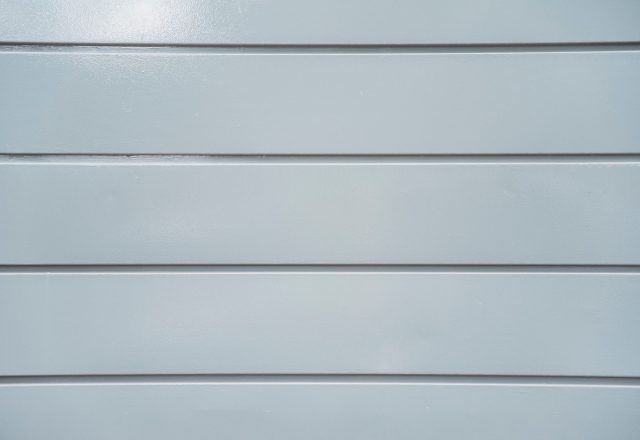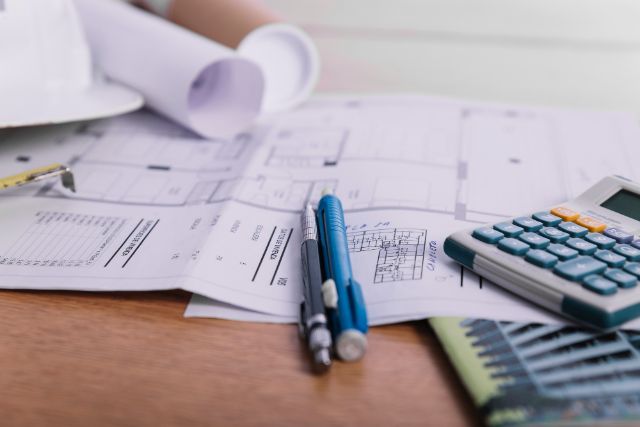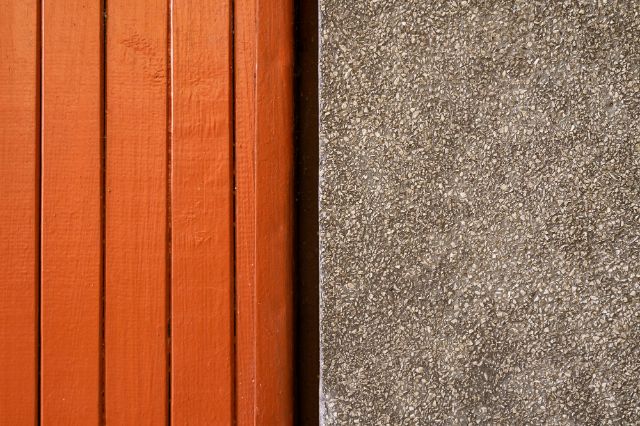When it comes to installing Hardie siding, one of the most significant expenses you’ll encounter is the labor cost. Hardie siding, also known as fiber cement siding, is a popular choice among homeowners due to its durability, low maintenance, and aesthetic appeal. However, proper installation is crucial to ensure its longevity and performance, making the labor cost a critical factor to consider.
On average, the labor cost to install Hardie siding can range from $2 to $6 per square foot, depending on various factors. It’s important to note that these figures are rough estimates, and the actual labor cost for your project may be higher or lower based on the specific circumstances.
Here’s a table showing the average labor cost range for Hardie siding installation in different states across the United States:
State/Region | Average Labor Cost Range (per sq. ft.) |
Northeast (NY, NJ, MA, CT, etc.) | $4 – $8 |
Mid-Atlantic (PA, MD, VA, DC, etc.) | $3.50 – $7 |
Southeast (FL, GA, NC, SC, etc.) | $3 – $6 |
Midwest (IL, OH, MI, WI, etc.) | $3 – $6 |
Texas (TX) | $3.50 – $7 |
Southwest (AZ, NM, NV, etc.) | $3.50 – $7 |
West Coast (CA, OR, WA) | $4 – $8 |
Rocky Mountains (CO, UT, ID, etc.) | $3.50 – $7 |
5 Factors Affecting Labor Costs for Hardie Siding Installation
Several factors can influence the labor cost associated with installing Hardie siding. Understanding these factors can help you better plan and budget for your project.
1.Project Size and Scope
- Larger projects with more square footage typically have higher labor costs due to the increased time and effort required.
- Smaller projects may be less expensive, but they may also attract fewer contractors, potentially driving up labor rates.
2. Complexity of Installation
- Multi-story homes or those with intricate architectural details, such as dormers, gables, or complicated trim work, can increase labor costs due to the additional time and skill required.
- Homes with good accessibility and straightforward designs generally have lower labor costs.
3. Removal and Disposal of Old Siding
- If your existing siding needs to be removed and disposed of, this additional step can add to the overall labor cost.
4. Surface Preparation and Repairs
- Extensive surface preparation, such as addressing water damage, rot, or other structural issues, can increase labor costs due to the extra work involved.
5. Local Labor Rates and Contractor Expertise
- Labor rates can vary significantly depending on your geographic location and the contractor’s experience and reputation.
- More experienced and reputable siding contractors may charge higher labor rates, but they often provide higher-quality workmanship and warranties.
Here’s a table showing the approximate percentage of the total Hardie siding installation cost that each factor can contribute:
Factor | Percentage of Total Installation Cost |
Project Size and Scope | 10-25% |
Complexity of Installation | 15-30% |
Removal and Disposal of Old Siding | 5-15% |
Surface Preparation and Repairs | 10-20% |
Local Labor Rates and Contractor Expertise | 25-40% |

Labor Cost Comparison: DIY vs. Professional Installation
While it may be tempting to consider a DIY approach to save on labor costs, installing Hardie siding is a complex task that requires specialized skills and tools. Here’s a comparison of the labor costs for DIY and professional installation:
DIY Hardie siding installation
- Labor cost: Essentially free if you do the work yourself
- Pros: Potentially significant cost savings, ability to work at your own pace
- Cons: Requires substantial time and effort, risk of improper installation leading to long-term issues, lack of warranty coverage
Professional Hardie siding Installation
- Labor cost: Typically $2-$6 per square foot or more, depending on the factors mentioned above
- Pros: Experienced contractors with proper tools and techniques, warranties on workmanship, liability coverage
- Cons: Higher upfront cost, scheduling coordination, potential for inexperienced or unreliable contractors

5 Tips for Reducing Labor Costs for Hardie Siding Installation
While labor costs can be significant, there are several strategies you can employ to reduce them potentially:
1.Obtain Multiple Quotes
- Request quotes from at least three licensed and insured contractors in your area to compare prices and services.
- Be wary of extremely low quotes, as they may indicate inexperienced contractors or subpar workmanship.
2. Opt for Basic Installations
- Choose a basic Hardie siding style without complex trim work or decorative elements, as these can increase labor costs.
- Consider a smooth finish over wood-grain or specialty textures, which may require more time and expertise to install.
3. Schedule During the Off-Season
- Many contractors offer discounted rates during their slow seasons, typically late fall or winter, when demand is lower.
- However, keep in mind that weather conditions may impact the installation process and curing time.
4. Prepare the Surface Yourself (If Permitted)
- If you’re comfortable with basic tasks, such as removing old siding or minor repairs, you may be able to reduce labor costs by completing these steps yourself.
- Always consult with your contractor first to ensure your preparatory work meets their standards and does not void any warranties.
5. Negotiate Package Deals or Discounts
- For larger projects or multiple-home developments, contractors may offer package deals or discounted rates for the increased volume of work.
- Don’t be afraid to respectfully negotiate for better pricing, especially if you’re a loyal or repeat customer.

4 Factors that Justify Higher Labor Costs
While cost is certainly a consideration, it’s important to remember that quality workmanship is crucial for a successful Hardie siding installation. In some cases, paying higher labor costs may be justified by the following factors:
- Experienced and Reputable Siding Contractors
- Contractors with a proven track record and positive reviews may charge more for their expertise and attention to detail.
- They often follow best practices, use high-quality materials, and offer comprehensive warranties on their work.
- Proper Safety Equipment and Techniques
- Working at heights or with heavy materials requires specialized safety equipment and techniques to protect the crew and your property.
- Reputable contractors prioritize safety, which can add to their overhead costs and, consequently, labor rates.
- Adherence to Building Codes and Regulations
- Knowledgeable contractors stay up-to-date with local building codes and regulations, ensuring that your Hardie siding installation meets all necessary requirements.
- This expertise can justify higher labor costs but also provides peace of mind and protects your investment.
- Comprehensive Warranties and Guarantees
- Many reputable contractors offer warranties and guarantees on their workmanship, protecting you against defects or issues that may arise after installation.
- These warranties often come at an additional cost but can provide valuable protection and save you money in the long run.
What is the labor cost to install Hardie siding in 2024? While the exact figure will depend on various factors specific to your project, understanding the contributing elements can help you make informed decisions and budget accordingly. Remember, investing in quality labor and reputable contractors can ensure a successful installation, maximize the longevity of your Hardie siding, and ultimately provide a better return on your investment.



 509-201-4190
509-201-4190
